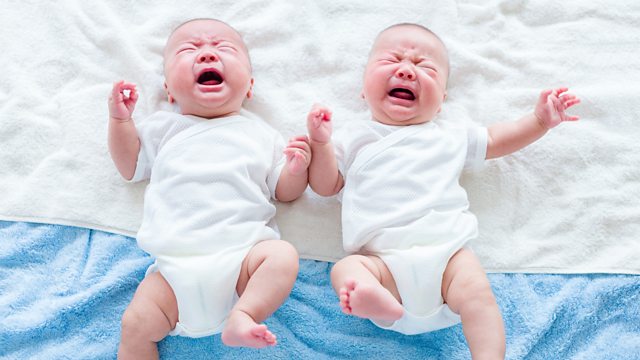Birth rates continue to drop in China
Author of ‘Leftover Women’ says attitudes have changed a lot, especially among those women who have gone to college.
China's population has declined for a second consecutive year.
Data released on Wednesday showed a population of 1.409 billion at the end of 2023, a 2.08 million decrease from 2022.
Beijing said the birth rate was now down to 6.39 per 1,000 people on par with other advanced East Asian nations such as Japan and South Korea.
The country has seen falling birth rates for decades, after imposing a controversial one child-policy in the 1980s to control over-population at the time.
The government lifted the policy in 2015 to try to stem the population fall and has brought in a series of other incentives, such as subsidies to encourage people to start families. In 2021, it further relaxed the limit to allow couples to have up to three children.
Leta Hong Fincher is author of Leftover Women: The Resurgence of Gender Inequality in China. She told Newsday that the term “leftover women” originated in China in 2007: “The official definition from the government was a woman who’s 27 years old or older, educated, and single…it was pretty effective for a while…but since then attitudes have really changed a lot…women are just completely ignoring that propaganda.”
She says those particularly impacted are “those who’ve gone to college” as they are “increasingly aware of the need to stand up for their rights”.
But she adds: “The pressure to marry is still extremely intense and particularly difficult for women to deal with when that pressure comes from their family”.
(Picture: Shows Chinese newborn twins crying. Credit: Getty Images.)
Duration:
This clip is from
More clips from Newsday
-
![]()
Liam Payne: Fans mourn death of One Direction singer
Duration: 03:35
-
![]()
Sudan's footballers provide 'joy amongst the chaos'
Duration: 04:00
-
![]()
Hurricane Milton: The residents deciding to stay, or evacuate
Duration: 02:59
-
![]()
Mpox spreading rapidly in Burundi
Duration: 03:21






